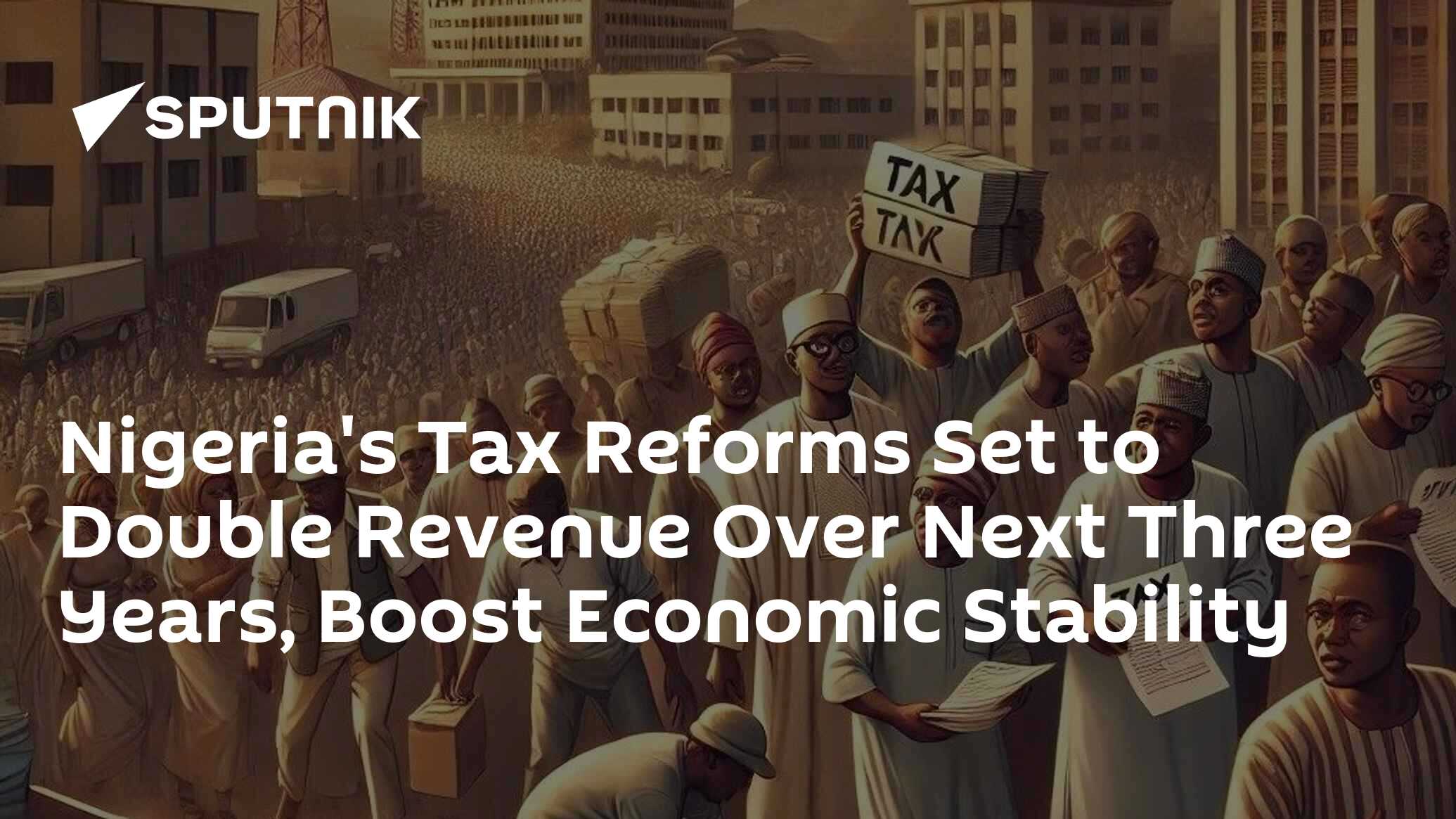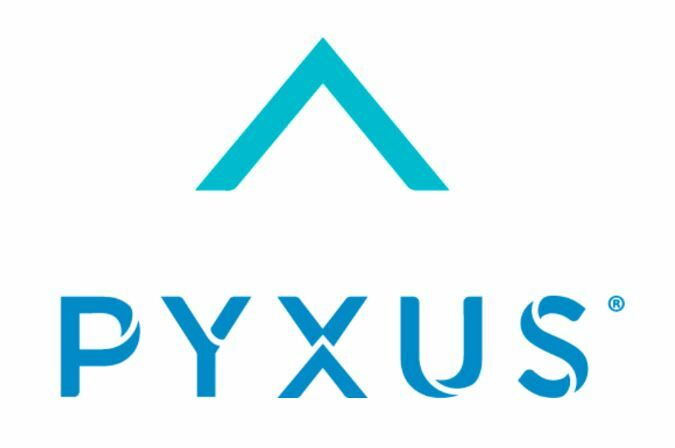
Nigeria is moving forward with significant tax reforms aimed at doubling its tax revenue share of GDP in the next two to three years, addressing its growing deficit and high borrowing costs, said Taiwo Oyedele in an interview to a Western media outlet on Friday. He explained that the changes are expected to raise revenue from 9% to 18% of GDP, helping the West African nation to stabilize its finances. President Bola Tinubu recently submitted proposals to the legislature to centralize and streamline tax collection.
His plan would consolidate Nigeria's tax structure from over 60 separate taxes and levies down to just six. Among the key proposals, the value-added tax would be gradually increased to 15% over six years , while the corporate tax rate would drop to 25% from an average of 30%. For high-income earners , the personal income tax would rise to 25% , up from the current 20%, beginning next year.
Tinubu argued these reforms are essential for reducing the cost of debt servicing, which consumed almost all the government’s revenue in 2023. However, some governors worry that the changes would reduce their revenue share and limit their control over tax collections. While Oyedele acknowledged the resistance, he indicated that the government is prepared to move forward.
.










